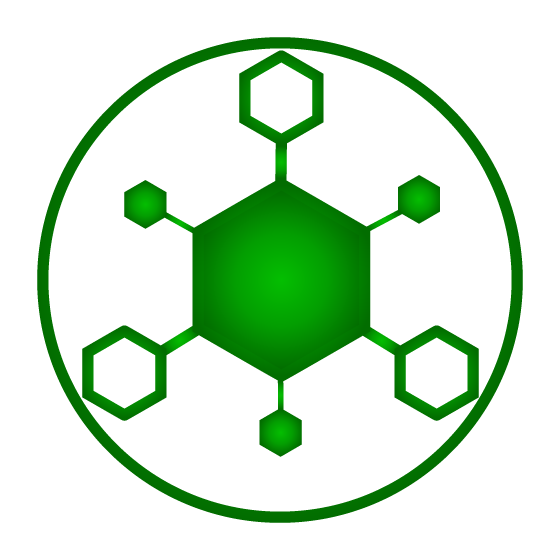This is official Java client for ClusterWS.
ClusterWS - is a minimal Node JS http & real-time framework which allows to scale WebSocket (uWS - one of the fastest WebSocket libraries) between Workers in Node JS Cluster and utilize all available CPU.
This library requires ClusterWS on the server
<repositories> <repository> <id>jitpack.io</id> <url>https://jitpack.io</url> </repository> </repositories> <dependency> <groupId>com.github.ClusterWS</groupId> <artifactId>ClusterWS-Client-Java</artifactId> <version>1.5.0</version> </dependency>allprojects { repositories { maven { url 'https://jitpack.io' } } } dependencies { compile 'com.github.ClusterWS:ClusterWS-Client-Java:1.5.0' }You can connect to the server with the following code:
/** First parameter: string - url of the server without http or https. (must be provided) Second parameter: string - port of the server. (must be provided) */ ClusterWS clusterWS = new ClusterWS("localhost","80"); clusterWS.connect();in case if you are using this library on Android you have to connect on separate thread or use method connectAsynchronously:
ClusterWS clusterWS = new ClusterWS("localhost","80"); clusterWS.connectAsynchronously();If you want to set auto reconnection use setReconnection method
/** First parameter: boolean - allow to auto-reconnect to the server on lost connection. (default false) Second parameter: int - how long min time wait. (default 1000) in ms Third parameter: int - how long max time wait. (default 5000) in ms Fourth parameter: int - how many times to try, 0 means without limit. (default 0) */ clusterWS.setReconnection(true, 1000, 2000, 3);Auto reconnect count random time between Max and Min interval value this will reduce amount of users which are connection at the same time on reconnection and reduce server load on restart of the server
To listen on events from the server you should use on method witch is provided by clusterWS
/** event name: string - can be any string you wish data: any - is what you send from the client */ clusterWS.on("event name", new EmitterListener() { @Override public void onDataReceived(Object data) { // in here you can write any logic } });Also clusterWS gets Reserved Events such as 'onConnected', 'onDisconnected' and 'onConnectError'
clusterWS.setClusterWSListener(new ClusterWSListener() { @Override public void onConnected(final ClusterWS socket) { // in here you can write any logic } @Override public void onConnectError(ClusterWS socket, WebSocketException exception) { // in here you can write any logic } @Override public void onDisconnected(ClusterWS socket, WebSocketFrame serverCloseFrame, WebSocketFrame clientCloseFrame, boolean closedByServer) { // in here you can write any logic } });To send events to the server use send method witch is provided by clusterWS
/** event name: string - can be any string you wish (client must listen on this event name) data: any - is what you want to send to the client */ clusterWS.send("event name",data);Avoid emitting Reserved Events such as 'connect', 'connection', 'disconnect' and 'error'. Also avoid emitting event and events with '#' at the start.
You can subscribe, watch, unsubscribe, publish and getChannelByName to/from the channels
/** channel name: string - can be any string you wish */ Channel channel = clusterWS.subscribe("channel name"); /** channelName: string - name of the channel to which data was sent to data: any - is what you get when you or some one else publish to the channel */ channel.watch(new Channel.ChannelListener() { @Override public void onDataReceived(String channelName, Object data) { // in here you can write any logic } }) /** data: any - is what you want to publish to the channel (everyone who is subscribed will get it) */ channel.publish(data); /** This method is used to unsubscribe from the channel */ channel.unsubscribe(); /** Also you can chain everything in one expression */ Channel channel = clusterWS.subscribe("channel name").watch(new Channel.ChannelListener() { @Override public void onDataReceived(String channelName, Object data) { // in here you can write any logic } }).publish(data); /** You can get channel by channel name only if you were subscribed before */ clusterWS.getChannelByName("channel name"); /** You can get all channels as an array by using getChannels method */ clusterWS.getChannels();To make sure that user is connected to the server before subscribing, do it on onConnected event or on any other events which you emit from the server, otherwise subscription may not work properly
